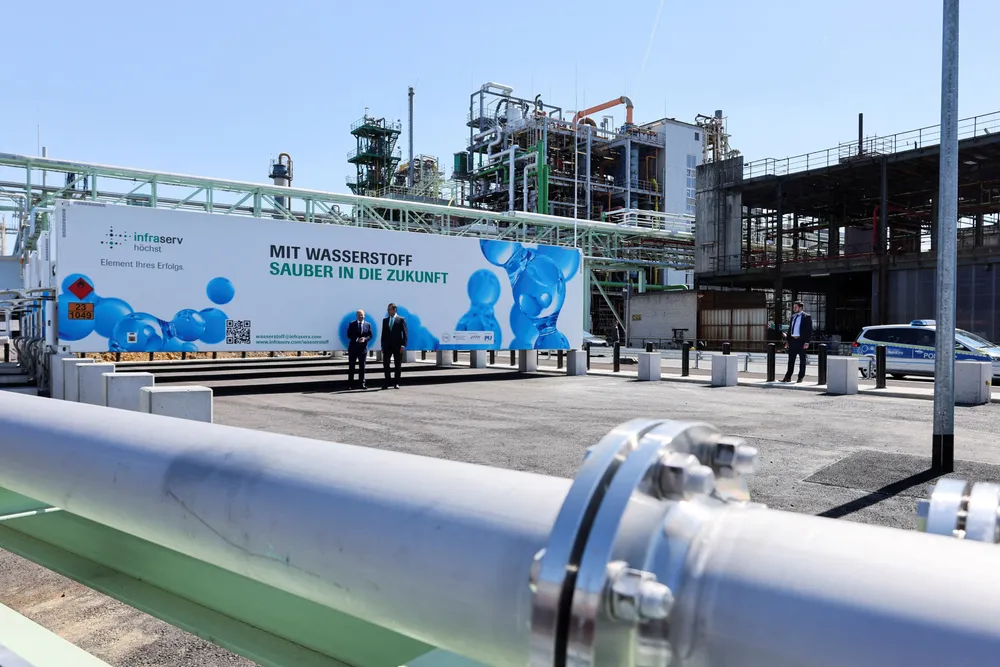German distributors to convert gas pipelines to hydrogen targeting 2025 start
1100-kilometre corridor would link northern German ports on the Baltic Sea to the south and east of the country, possibly reaching to nearby nations

1100-kilometre corridor would link northern German ports on the Baltic Sea to the south and east of the country, possibly reaching to nearby nations
